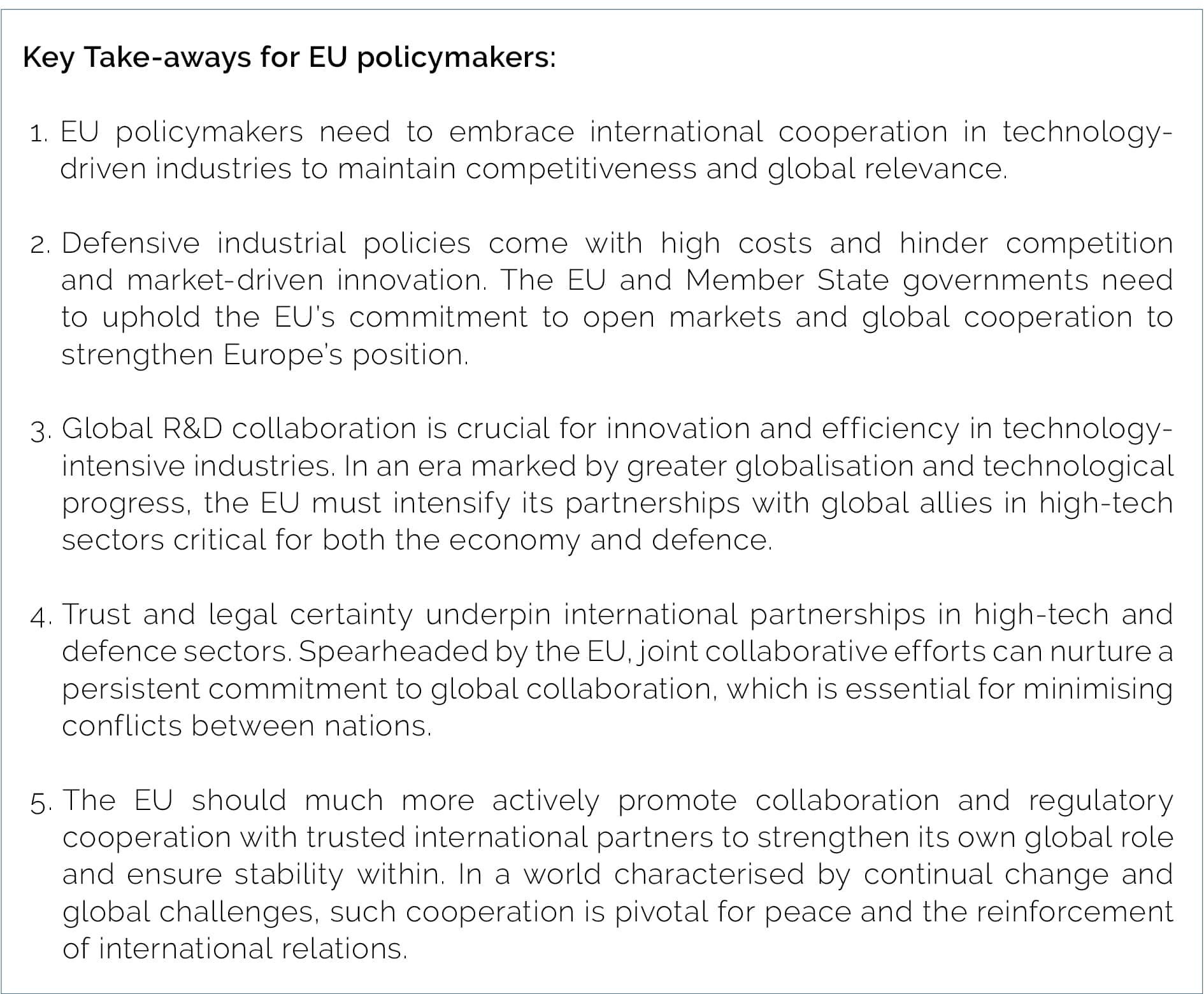European Commission Proposes Act to Secure Critical Medicines Supply and Improve Accessibility Through Collaborative Procurement Framework

**European Commission Proposes Act to Secure Critical Medicines Supply and Improve Accessibility Through Collaborative Procurement Framework**
In a significant move to bolster the resilience of the European Union’s healthcare systems, the European Commission has proposed a new legislative act aimed at securing the supply of critical medicines and improving their accessibility across member states. This initiative comes in response to the vulnerabilities exposed by the COVID-19 pandemic, which highlighted the need for a more coordinated and robust approach to managing the supply of essential pharmaceuticals.
**Key Objectives of the Proposed Act**
The proposed act is designed with several key objectives in mind:
1. **Ensuring a Stable Supply of Critical Medicines**: The act seeks to establish a more reliable supply chain for critical medicines, reducing the risk of shortages that can have severe implications for patient care.
2. **Enhancing Accessibility**: By improving the distribution and availability of essential medicines, the act aims to ensure that all EU citizens have timely access to the treatments they need, regardless of their location.
3. **Collaborative Procurement Framework**: A central feature of the proposal is the establishment of a collaborative procurement framework. This framework is intended to facilitate joint purchasing agreements among member states, leveraging collective bargaining power to secure better prices and terms from pharmaceutical manufacturers.
4. **Strengthening Strategic Reserves**: The act also proposes the creation of strategic reserves for critical medicines, ensuring that there is an adequate stockpile to meet demand during emergencies or supply disruptions.
5. **Promoting Innovation and Sustainability**: By supporting research and development in the pharmaceutical sector, the act aims to encourage innovation while also promoting sustainable practices in the production and distribution of medicines.
**Implementation and Impact**
The implementation of this act will require close cooperation between the European Commission, member states, and key stakeholders in the healthcare and pharmaceutical industries. By fostering a more unified approach to procurement and supply chain management, the act is expected to enhance the EU’s ability to respond to future health crises effectively.
The collaborative procurement framework, in particular, is anticipated to yield significant cost savings and improve the efficiency of medicine distribution across the EU. By pooling resources and negotiating collectively, member states can achieve economies of scale and secure more favorable terms from suppliers.
**Challenges and Considerations**
While the proposed act offers a promising path forward, it also presents several challenges. Coordinating procurement efforts across multiple countries with varying healthcare systems and regulatory environments will require careful planning and negotiation. Additionally, ensuring equitable access to medicines while respecting national sovereignty and existing legal frameworks will be a complex task.
**Conclusion**
The European Commission’s proposal represents a proactive step towards strengthening the EU’s healthcare infrastructure and ensuring the availability of critical medicines for all its citizens. By fostering collaboration and innovation, the act aims to create a more resilient and equitable healthcare system capable of withstanding future challenges. As the proposal moves through the legislative process, it will be crucial for all stakeholders to work together to realize its full potential and address any obstacles that may arise.